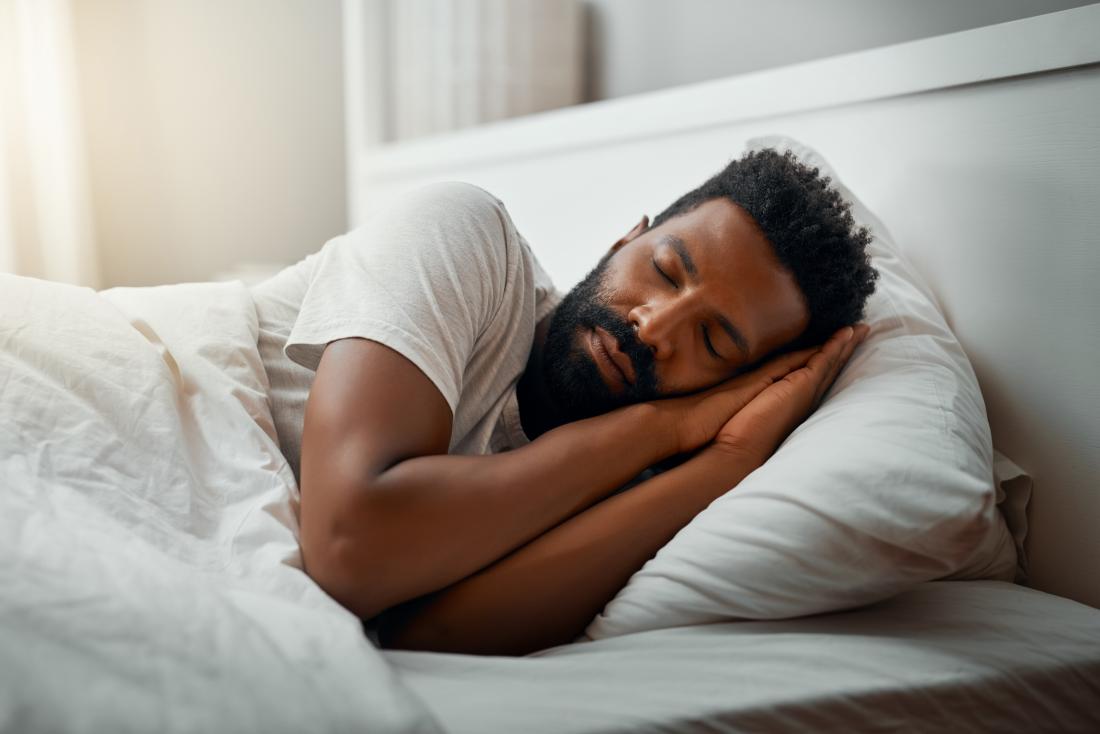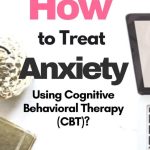Introduction Xanax for Sleep
Struggling to get a good night’s sleep? Many turn to medications like Xanax for relief. But is it safe and effective for sleep issues? Let’s break it down.
How Xanax Works
Xanax (alprazolam) belongs to a class of drugs called benzodiazepines. It acts on the central nervous system, enhancing the effect of GABA, a brain chemical that promotes relaxation. This calming effect can make falling asleep easier for some individuals. Xanax by mail overnight
Usual Dosage of Xanax for Sleep
Recommended Starting Doses
For sleep, the typical starting dose is between 0.25 mg and 0.5 mg. This is enough for most individuals to feel relaxed without over-sedation.
Factors Affecting Dosage Requirements
Age, weight, and tolerance play a significant role in determining the right dose. New users often need lower doses compared to those who have used Xanax for a long time.
Guidelines for Safe Use
Always start with the lowest effective dose. Avoid self-adjusting your dosage without consulting a doctor.
Comparing Xanax and Ativan for Sleep
Overview of Ativan
Ativan (lorazepam) is another benzodiazepine often prescribed for anxiety and sleep.
Differences Between Xanax and Ativan
Xanax works quickly but has a shorter duration. Ativan acts slower but stays effective longer. Choosing between the two depends on your specific sleep needs.
Which is More Effective for Sleep?
While both are effective, Ativan may be better for those who wake up frequently, while Xanax is suitable for trouble falling asleep.
Dosage Guidelines for Xanax and Sleep
Standard Dosage Recommendations
Doctors typically prescribe 0.25 mg to 1 mg for sleep. Taking it 30-60 minutes before bedtime is ideal.
Adjusting Dosages for Specific Needs
For severe insomnia, slightly higher doses may be recommended, but only under medical supervision.
Duration of Effectiveness and Timing
Xanax starts working within 20-30 minutes and lasts about 6 hours, making it ideal for short-term relief.
Risks of Using Xanax for Sleep
Potential Side Effects
Common side effects include drowsiness, dizziness, and impaired coordination. Overuse can lead to memory issues and confusion.
Dependence and Addiction Risks
Prolonged use may cause dependency. It’s crucial to use Xanax for short durations to avoid addiction.
Long-Term Effects on Sleep Quality
Relying on Xanax can disrupt natural sleep patterns over time, making it harder to sleep without medication.
Alternatives to Xanax for Sleep
Lifestyle Changes and Natural Remedies
Adopting better sleep hygiene, such as regular sleep schedules and reducing screen time, can improve sleep naturally.
Over-the-Counter Sleep Aids
Melatonin, valerian root, and antihistamines are common alternatives.
Prescription Alternatives
Medications like Trazodone or Ambien may be considered for long-term use.
How to Use Xanax Safely
Tips for Responsible Use
Use only as prescribed and avoid mixing Xanax with alcohol or other sedatives.
Avoiding Common Pitfalls
Skipping doses or taking more than prescribed can lead to serious complications.
Importance of Consulting a Healthcare Provider
Always seek medical advice before starting or stopping Xanax.
Real-Life Experiences with Xanax
Many people report improved sleep initially but often face challenges like dependency or tolerance over time.
Medical Opinion on Xanax for Sleep
Doctors caution against long-term use and often recommend behavioral therapies as safer alternatives. Overnight xanax alprazolam
The Legal and Ethical Aspects
Xanax is a controlled substance in many countries due to its high abuse potential. Responsible prescribing is key.
Withdrawal from Xanax
Symptoms of Withdrawal
Anxiety, insomnia, and irritability are common withdrawal symptoms.
Managing Withdrawal Safely
Gradually tapering off Xanax under medical supervision is crucial.
Tips for Transitioning Off Xanax
Consider counseling or non-medication-based therapies to address sleep issues.
The Future of Sleep Treatments
New research is focusing on non-addictive medications and behavioral therapies to improve sleep without harmful side effects.
Conclusion
Xanax can be effective for short-term sleep issues, but it’s not a long-term solution. Always prioritize professional advice and explore safer alternatives.








